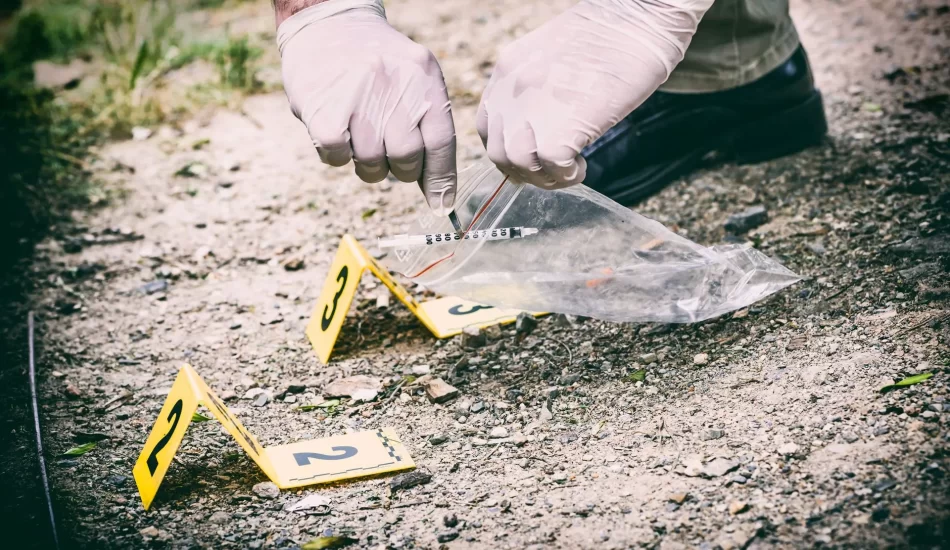The War on Drugs: Challenges and Strategies in Combating Trafficking

The issue of drug trafficking has been a persistent challenge for governments around the world. The illicit drug trade not only fuels addiction and crime but also poses a significant threat to public health and national security. In response, governments have launched various initiatives and strategies to combat drug trafficking, often referred to as the “War on Drugs.” However, despite these efforts, the war on drugs continues to face numerous challenges. This article will explore the challenges involved in combating drug trafficking and discuss potential strategies to address this global problem.
Challenges in Combating Drug Trafficking
International Nature of Drug Trafficking:
One of the biggest challenges in combating drug trafficking is its international nature. The drug trade operates across borders, making it difficult for law enforcement agencies to coordinate efforts effectively. Drug cartels and criminal organizations often exploit loopholes in international laws and take advantage of weak governance in certain regions. Cooperation between countries becomes essential to combat drug trafficking effectively.
Vast Financial Resources of Cartels:
Drug cartels and criminal organizations involved in drug trafficking often have vast financial resources at their disposal. This enables them to invest in sophisticated technologies, bribe officials, and hire skilled personnel. The substantial financial power possessed by these organizations poses a significant challenge to law enforcement agencies that may not have adequate resources to match them.
Evolving Nature of the Drug Trade:
Drug traffickers constantly adapt their strategies to evade law enforcement efforts. They utilize various techniques such as changing trafficking routes, concealing drugs in innovative ways, and using encrypted communication methods. Staying one step ahead of these evolving tactics requires constant adaptation and innovation from law enforcement agencies.
Corruption and Collusion:
Corruption and collusion within law enforcement agencies and government institutions pose a significant challenge in combating drug trafficking. The involvement of officials at various levels can hinder investigations and compromise efforts to dismantle drug networks. Tackling corruption and ensuring the integrity of law enforcement agencies is crucial in the fight against drug trafficking.
Demand for Drugs:
The demand for drugs remains a significant challenge in the war on drugs. As long as there is a market for illicit substances, drug trafficking will persist. Addressing the root causes of drug addiction and implementing effective prevention and treatment programs are vital in reducing demand and weakening the drug trade.
Strategies to Combat Drug Trafficking
International Cooperation:
Enhancing international cooperation and coordination between law enforcement agencies is crucial in combating drug trafficking. Sharing intelligence, conducting joint operations, and extraditing criminals across borders can significantly disrupt drug networks. Strengthening international agreements and treaties can facilitate better collaboration among nations.
Investment in Intelligence and Technology:
Law enforcement agencies need to invest in intelligence gathering capabilities and advanced technologies to keep pace with evolving drug trafficking methods. This includes utilizing data analytics, surveillance technologies, and artificial intelligence to identify patterns, detect smuggling routes, and apprehend traffickers. Enhancing information sharing among agencies can improve overall effectiveness.
Disrupting Financial Networks:
Targeting the financial networks of drug cartels is a critical strategy in combating drug trafficking. Governments should work closely with financial institutions to track and freeze illicit funds associated with drug trade. Implementing stricter regulations on money laundering and enhancing international cooperation in financial investigations can help dismantle the financial backbone of drug cartels.
Strengthening Legal Frameworks:
Governments should review and strengthen their legal frameworks to ensure effective prosecution and punishment of drug traffickers. This includes enacting stricter laws, increasing penalties, and streamlining the judicial process. Additionally, governments should focus on rehabilitating low-level drug offenders through alternative sentencing and diversion programs.
Focusing on Demand Reduction:
Preventing drug addiction and reducing demand is an essential component of any strategy to combat drug trafficking. Governments should invest in drug education and awareness campaigns, as well as provide accessible treatment and rehabilitation services for individuals struggling with addiction. Addressing the socioeconomic factors that contribute to drug abuse, such as poverty and unemployment, is also crucial.
Conclusion
The war on drugs and the fight against drug trafficking is a complex and multifaceted challenge. It requires a comprehensive approach that combines international cooperation, intelligence sharing, advanced technologies, disruption of financial networks, and addressing the root causes of drug addiction. By recognizing and addressing the challenges involved, governments can develop effective strategies to combat drug trafficking and protect public health and safety. Ultimately, success in this endeavor will require sustained commitment, collaboration, and innovation from governments and societies worldwide.
Contact Maillet Criminal Law for a skilled lawyer who can defend you from charges such as drug trafficking.
Jarrett Maillet J.D., P.C.
210 E 31st St
Savannah, GA 31401
912-713-3426


